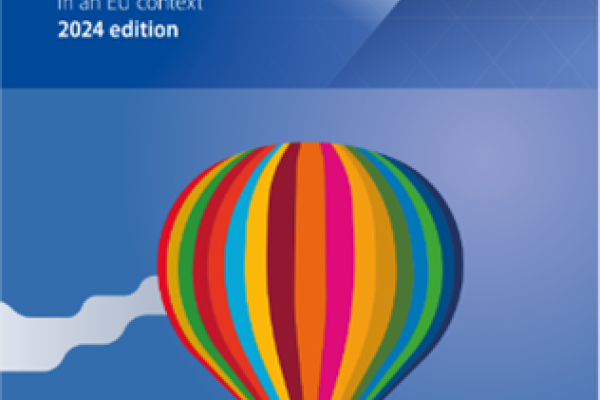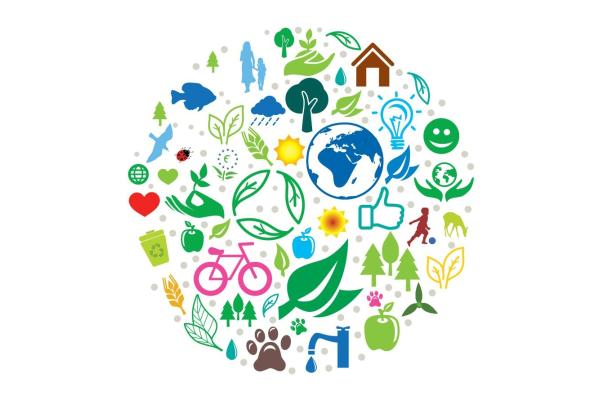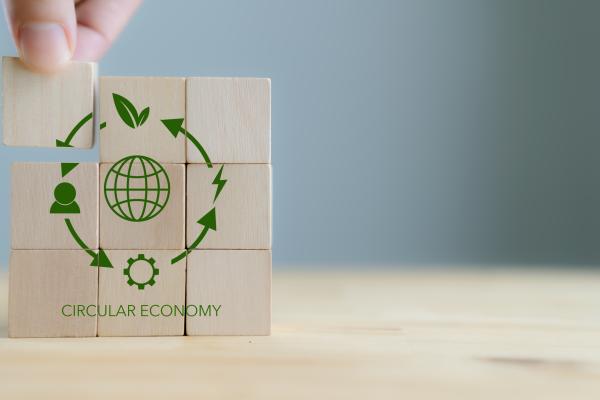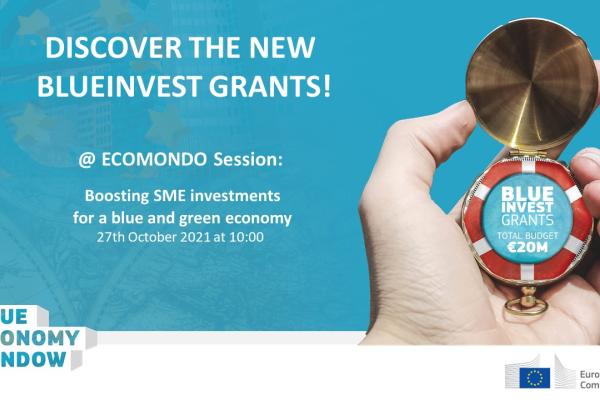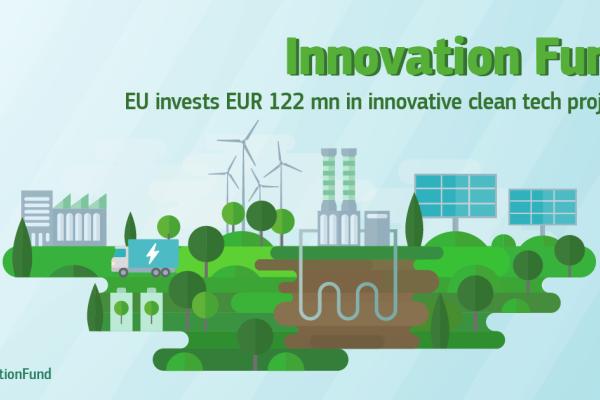The EU and its Member States have a long-standing commitment to phasing out environmentally harmful subsidies (EHS). The removal of EHS can save government’s money while supporting the achievement of environmental and climate policy goals.
Here you can explore the different types of subsidies found across the EU Member States and those that can be considered harmful to the environment. The information is found in a toolkit designed to discover the range of EHS and those that could be reduced or eliminated with little stakeholder resistance, generating significant environmental and net fiscal benefits.
This portal was developed as part of a study carried out by VVA, RPA Europe, Bio Innovation Service, Metroeconomica and Vrije Universiteit Amsterdam for the European Commission DG Environment.
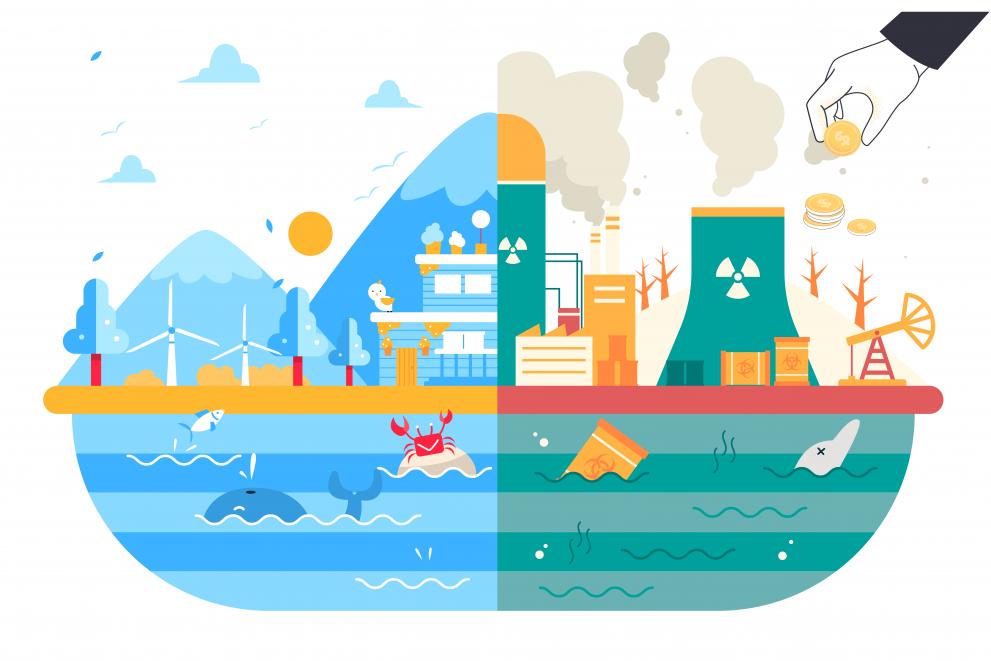
Examples of EHS by category and the EHS inventory
Examples of potentially environmentally harmful subsidies are provided here by four broad subsidy categories. Determining whether the subsidies are indeed environmentally harmful requires consideration on a case-by-case basis. The EHS have been categorised by Member State, type of subsidy, economic sector, type of environmental impacts and relevant Sustainable Development Goals, type and magnitude of budget impacts, category of beneficiaries and other interested parties.
Tax exemptions and tax reductions are benefits that reduce some or all tax rate obligations for specific groups, products, investments, companies or activities. Examples of this type of subsidies which have been identified as environmentally harmful are:
- Tax exemption/reduction for specific group (e.g. employees of companies with company car policy): tax deductions for commuters in Austria, fuel-tax exemption for residential use of coal in Belgium, sulphur tax exemption for fuel used for heat production for delivery to certain operations in Sweden
- Tax exemption/reduction for specific product or investment (e.g. fossil fuels, flight tickets for inhabitants of islands): mineral oil tax exemption on aviation fuel in Ireland, exemption of excise tax for petroleum gas and gaseous hydrocarbons used in domestics cylinders in Lithuania, fuel tax reduction on autonomous refrigerators in Portugal
- Tax exemption/reduction for type of company (e.g. energy-intensive industries, CHP plants, energy producers): Single municipal tax exemption for buildings built and intended for sale by the construction company in Italy, energy tax exemption for peat on plants up until 5000 MWh per year of generation in Finland, energy tax exemption for work machines and vehicles that are exclusively serve to handle goods in seaports in Germany
- Other tax exemption or reduction: reduced excise duty rate for gas-intensive production, Denmark, fuel tax partial refund in Spain, reduced rate of excise tax for certain uses of diesel fuel in France
Direct subsidies facilitates the production or consumption of certain goods by providing direct financial support to a specific group, product, investment, type of company, business activity, or similar. Examples of direct subsidies which have been identified as environmentally harmful are:
- Direct subsidies to the consumption of goods (e.g. energy and heating in residential homes): the super-green car premium in Sweden; grants to purchase low CO2 emission cars and remove old inefficient cars from roads in Malta, subsidizing the transport of pupils and students in Slovenia
- Direct subsidies to the production of goods (e.g. subsidised use of fertilisers to boost agricultural production): water transport allowance in Slovenia, investment grants for SMEs and non-industrial enterprises in Luxembourg, beef and calves slaughter premium: National expenditures in Finland
- Other direct subsidies: grants of National Environmental Protection Fund in Bulgaria, ownership tax benefits in the Czech Republic, Green Investment Scheme in Estonia
Reduced charges for public sector services may apply to certain groups of consumers or companies. Examples of reduced service charges which have been identified as environmentally harmful are:
- Reduced service charges for group of consumers: privilege for special contract customers on the license fee for electricity and gas in Germany, local incentives for EV in Portugal, aid for heating in Romania
- Reduced service charges for group of companies: concessions for companies with a high consumption of electricity in Italy, feed-in tariffs in Croatia, incomplete producer responsibility for WEEE in Slovenia
- Reduced service charges for type of service: water pricing in Czech Republic, reduced rates for direct or indirect production of electricity by plants obliged to report to provisions governing the consumption tax on electricity in Italy, promotion of public transport in Luxembourg
- Other reduced service charges: federal framework for state aid to rescue and restructure small and medium-sized enterprises in difficulty in Germany, payments of feed-in tariffs (FIT) and premiums for landfill gas and sewage gas used for electricity and heat in Czech Republic
These are subsidies which do not fit the other categories (tax exemptions/reductions, direct subsidies, reduced service charges). Examples of other subsidies which have been identified as environmentally harmful are:
- VAT subsidy for plant protection products in Italy
- Remediation of environmental damages caused by mining funded from royalties on coal extraction in Czech Republic
- Energy investment deductions in the Netherlands
Phasing out environmentally harmful subsidies in EU Member States
- Czech Republic
- Denmark
- Estonia
- Luxembourg
- Portugal
Current state of play
As part of the 8th Environment Action Programme (EAP), it was agreed to look further at environmentally harmful subsidies. In particular, complementing ongoing work on fossil fuel subsidies, it was agreed that a methodology should be developed in consultation with Member States, in 2023, to identify other environmentally harmful subsidies. This will allow Member States to identify these other environmentally harmful subsidies and report them regularly to the Commission, allowing for a Commission report on the level and type of such subsidies in the Union, and on progress made on phasing them out. Work is ongoing to develop this methodology, and is set out under the Expert Group (link to Register of Commission expert groups and other similar entities (europa.eu).
This methodology is also relevant for reporting under the Kunming-Montreal Global Biodiversity Framework (GBF) agreed at the 15th Conference of the Parties to the Convention for Biological Diversity (CBD COP15) includes Target 18 [1] to:
“Identify by 2025, and eliminate, phase out or reform incentives, including subsidies, harmful for biodiversity, in a proportionate, just, fair, effective and equitable way, while substantially and progressively reducing them by at least 500 billion United States dollars per year by 2030, starting with the most harmful incentives, and scale up positive incentives for the conservation and sustainable use of biodiversity.”
Any subsidy harmful to the environment is ultimately also harmful to biodiversity. For example, a fossil fuel subsidy would impact on biodiversity.
[1] Target 18 (cbd.int) This CBD Target 18 is underpinned by OECD analysis and methodologies that are reflected in this Guidance.
More information
You can read more about the reform of EHS in the final report and the country case studies and factsheets compilation:
A toolbox for reforming environmentally harmful subsidies in Europe
Country case studies and candidates for reform factsheets
Reporting on Fossil Fuel Subsidies takes place every year, see the “2023 Report on Energy Subsidies in the EU” EUR-Lex - 52023DC0651 - EN - EUR-Lex (europa.eu)
Many international organisations have produced guidance material for the identification and assessment of EHS.
- OECD: https://www.oecd.org/fr/tad/environmentallyharmfulsubsidieschallengesforreform.htm
- International Monetary Fund on fossil fuels: https://www.imf.org/en/Topics/climate-change/energy-subsidies
- World Bank on EHS in the energy sector: https://www.worldbank.org/en/results/2020/11/12/energy-subsidy-reform-facility-generates-knowledge-to-support-governments-to-design-and-implement-sustainable-energy-subsidy-reforms-while-safeguarding-the-welfare-of-the-poor
- The Food and Agriculture Organization of the United Nations, the United Nations Development Programme and the United Nations Environment Programme on EHS in agriculture: https://www.fao.org/policy-support/tools-and-publications/resources-details/en/c/1440101/

